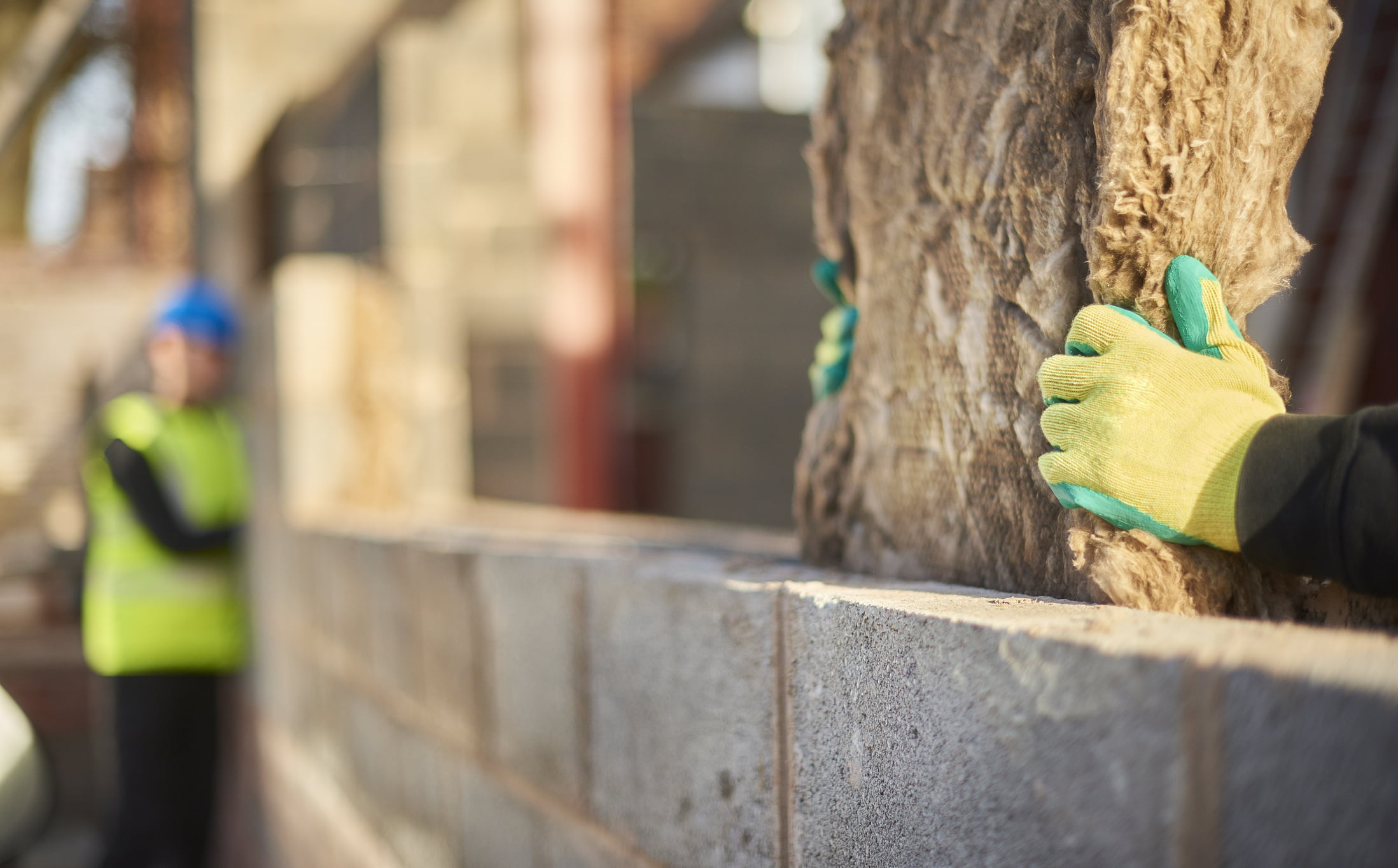Since the CCC delivered its 2021 progress report, the UK is now facing a cost-of-living crisis as well as a climate crisis. The committee’s latest report makes clear that the two should be addressed together.
The CCC urges the government to prioritise the measures that might achieve this. This includes removing levies from electricity bills to ensure running costs for heat pumps are lower than for boilers and providing more financial incentives to people to improve the energy efficiency of their homes, We also support the CCC’s push for the government to roll out its planned energy advice service – announced in this year’s Energy Security Strategy – as a crucial way to support people to improve the efficiency of their homes.
Finally, the CCC also highlights the need for the government to address how the funding of net zero will impact households and public spending. We support its call for a just transition to net zero and for the government to make clear how the distribution of both costs and opportunities will be made fair for everyone in society.
The CCC’s report is a clear signal that despite the progress made so far, there is a long way to go before we hit net zero. The window to deliver real progress is short, and Energy Saving Trust will continue to work with the UK Government to ensure clear action turns pledges into practice.
